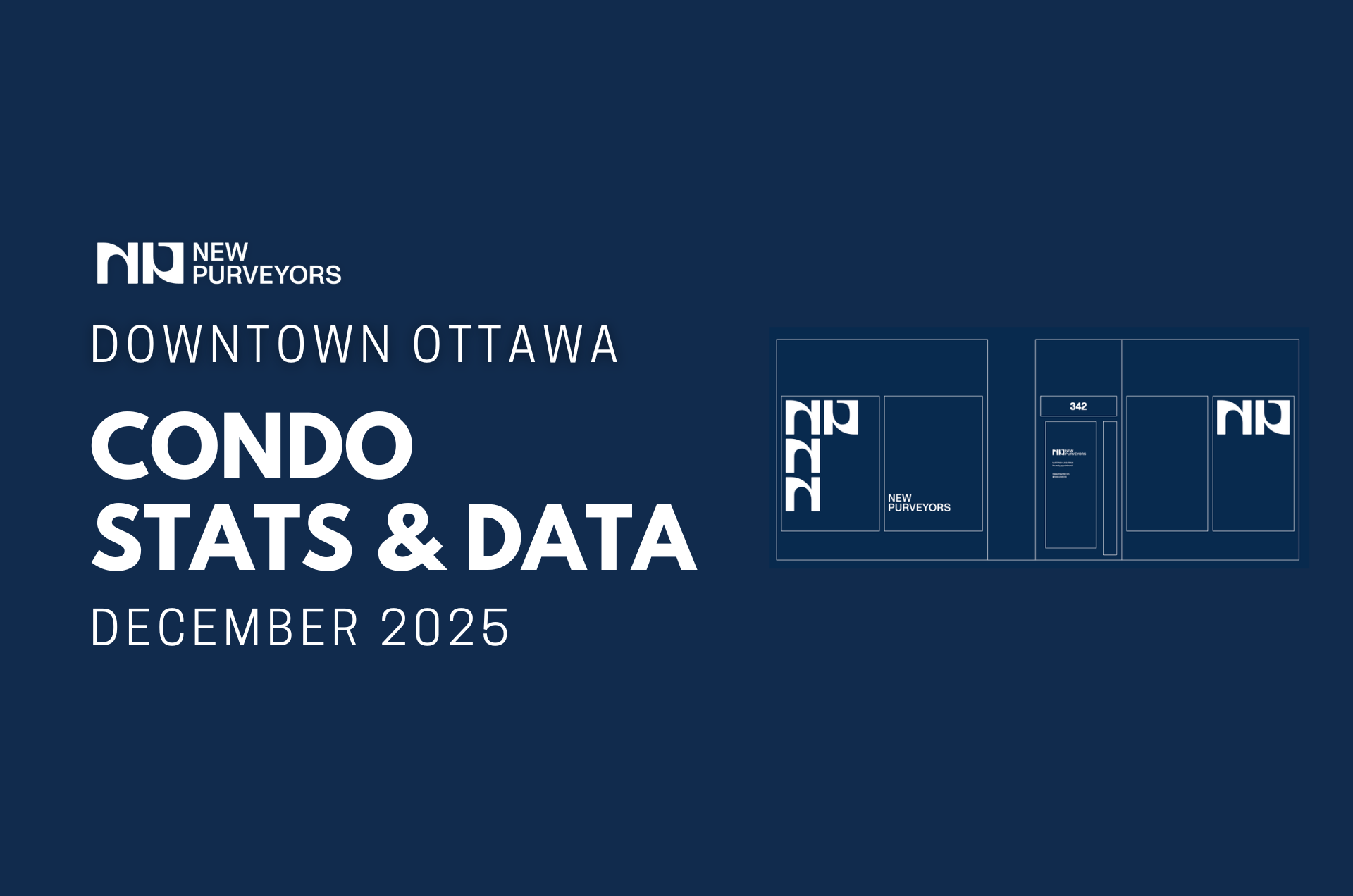This week, the Bank of Canada increased the trendsetting interest rate to 1.5 percent. This was the fourth rate increase in the past 12 months. Knowing this is good, but we keep getting asked how it affects us (as a condo buyer or owner in Ottawa who has a mortgage, etc). We reached out to Mathieu Nesbitt, who is the Manager of Mobile Mortgages in Ottawa for TD Bank, to explain exactly what it means and if we should even care!
For the fourth time in the past 12 months the Bank of Canada has increased its key monetary policy interest rate, the last increase went to 1.25% from 1.00% [January 2018]. Each increase can have an effect on your monthly mortgage interest cost which will affect your overall cost of borrowing. There is good news though, there are ways you can protect yourself to prepare for those interest rate increases. If you build a buffer by increasing your regular payments by 10% to 20% you will be paying mortgage loan quicker which also reduces your amortization. Because most mortgages calculate interest based on the daily balance by paying down the principal quicker interest rate increases won't impact your cost of borrowing as much.
This also brings me to another point, if you have a pre-approval in place an interest rate increase can affect the amount of money you have been approved to borrow. You will need to check in with your lender to see if your pre-approved dollar amount has changed.
For those who are looking at getting into the housing market, you need to know that TD bank can do a mortgage approval for you and hold your interest rate for 120 days on resale purchases. For new build purchases, we can go up to 24 months which will protect you from interest rate increases.
For those who are already making mortgage payments, there are some options for you to help when rates increase. If you've chosen a fixed rate mortgage your interest rate is fixed for the term of your mortgage so a rate increase will not affect your payments until your mortgage term ends.
On the other hand, if you are in a variable rate mortgage it can change at any time during the term of your mortgage, therefore, changing your monthly mortgage payment. One way to prepare yourself for an increase is to make an inflated mortgage payment, increasing your payment to more than you are actually obligated to pay. The benefit of this is the excess payment amount goes directly to the principal portion of your mortgage, reducing the total interest paid on your mortgage as well as shortening your amortization. So if rates do go up and your payment increases making your cash flow tight, either eliminate or reduce the extra principal reduction payment to either offset or help with the increase should it happen.
While some of this can seem overwhelming or confusing it is what I specialize in and I welcome the opportunity to provide you with advice and help, making your mortgage needs simple and comfortable.
-- Mathieu Nesbitt is the Manager for Mobile Mortgages with TD Bank and works outside normal banking hours to provide the best service for clients. You can connect with him directly at 613-868-9197. CLICK HERE to contact Mathieu Nesbitt.

















